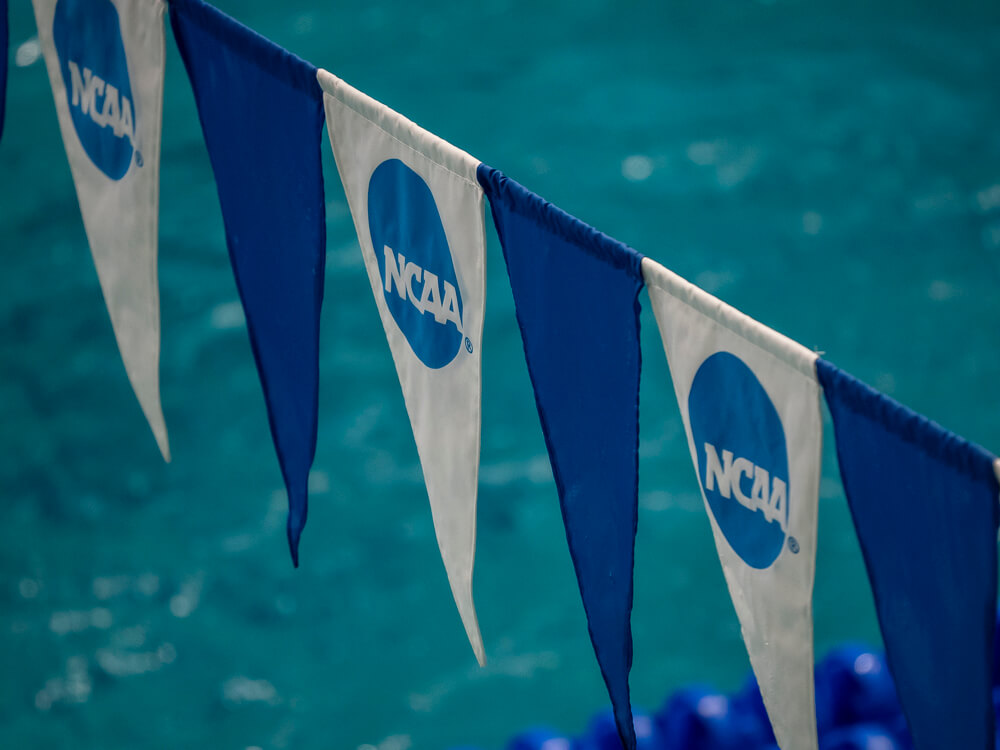The Knight Commission on Intercollegiate Athletics hosted a panel discussing the future of Olympic sports in the current collegiate model on Tuesday, May 20, 2025, in Indianapolis.
The problems facing Olympic sports in the NCAA are well-documented.
While 85% of D1 athletes participated in a sport other than basketball and football and 84% of team USA competed in college, only 5% of revenue went to those sports under the current 75% football, 15% men’s basketball, 5% women’s basketball and 5% other sports model, according to the commission.
But what are the solutions?
The purpose of the Knight Commission panel was to give some direction and many options were given.
“The USOPC gets zero federal funding. The budget was less than the University of Texas’ yearly athletic budget,” Rocky Harris of the United States Olympic and Paralympic Committee said. “The success of our athletes is obvious, but there is a threat to that. We want the national governing bodies to have a seat at the table within the NCAA model. Why aren’t we working as partners? Federal funding would be great. I would love to see it go to governing bodies.”
With the way the college revenue works around football and basketball, federal funding is one option that was discussed, along with federal tax on sports betting going to Olympic sports.
Everyone on the panel agreed that things needed to change.
“We are currently facing a slow dismantling of those opportunities. Since the change, there have been 32 programs cut. There are more planned cuts, but we still have time to act,” said Jaime Gordon of the American Volleyball Coaches Association. ” As money has grown 400%, the sliver for Olympic sports has been remarkably the same. (They way the funding goes) puts Olympic sports at great vulnerability.”
Especially a sport like swimming and diving that has a huge international contingent.
“The NCAA swimming championships are really like the Olympics because there are so many international students and Olympians participating, and those national governing bodies of other countries rely on our collegiate program,” said Victoria Jackson of Arizona State University. “This is a call to action. We need bottom-to-top willingness to change. For too long we have had an unhealthy reliance on football for revenue. We have to act to make (women’s sports come out of the shadows).
“Looking at the messy work in front of us, one thing we have to do is admit we have made some mistakes. Coast-to-coast megaconferences with multiple games a week maybe isn’t the best idea.”
It will be a long and difficult road because each section of the Olympic movement has different needs.
But the Knight Commission panel agreed it will take working together to gain progress for the Olympic movement.
“I think collaboration is critical. It is time for us to be innovative,” said Max Siegel of USA Track and Field.
The goal is to see that progress before LA28.
“We have the opportunity to have our country experience sports they haven’t experienced in (a generation),” Harris said. “At a time where we are less unified, this is something we can all be unified about (supporting our Olympians).”
The Knight Commission will meet again June 10 to discuss further options and solutions.

